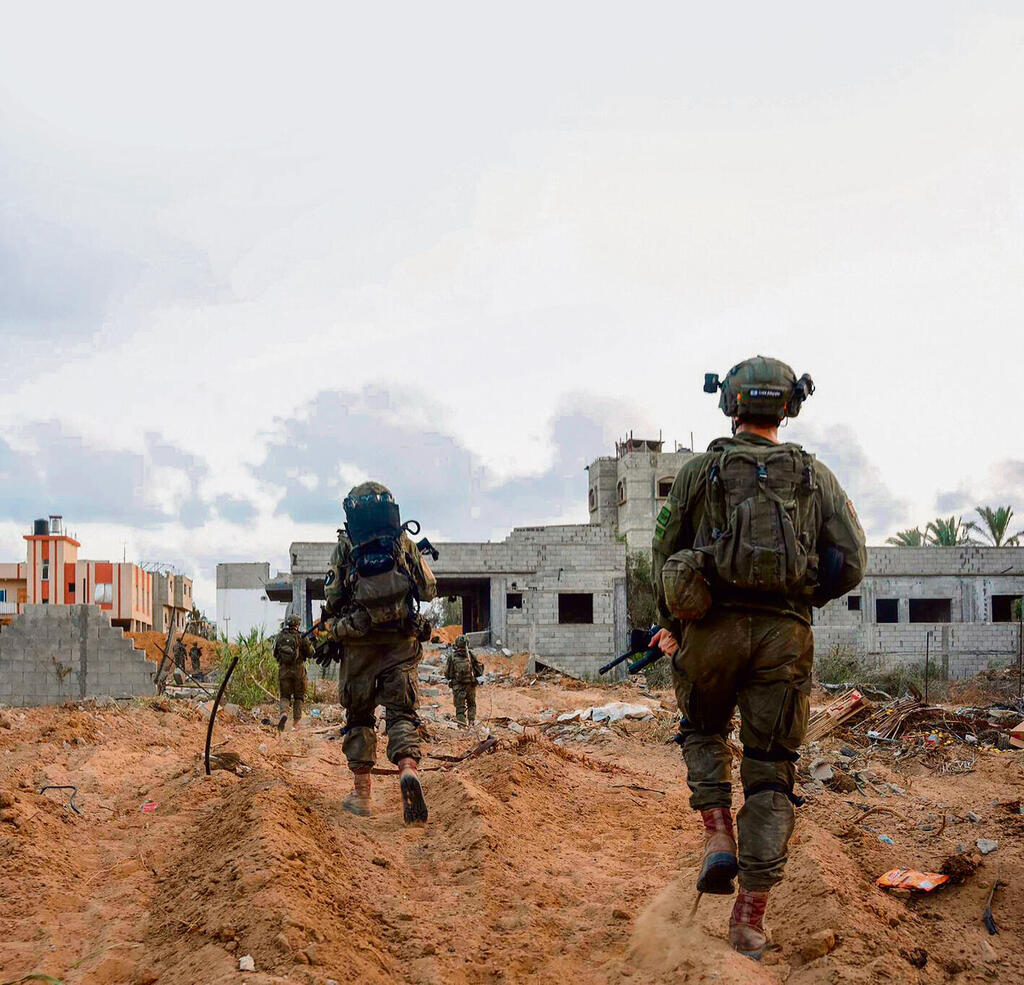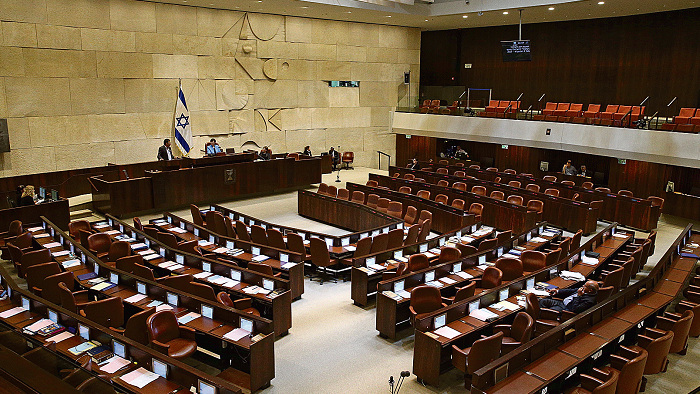Getting your Trinity Audio player ready...
No less than 10,000 soldiers were killed or wounded during the long months of fighting in the Gaza Strip which are missing from service. According to the Defense Ministry's data, every month about 1,000 new soldiers join the ranks of the physically and mentally wounded. None of this stopped the Knesset and the government from postponing legislation, leaving soldiers dazed and confused.
Although on recess, the Knesset can convene to finalize legislation. Currently, combat soldiers serve for 32 months, just under three years, after the Netanyahu-led Knesset shortened mandatory service in 2015. Nine years later, the Netanyahu-led Knesset wants to back-track to the dismay of soldiers who were supposed to be discharged this month.
The combat soldiers spent almost ten consecutive months in Gaza after the IDF began its ground incursion following the October 7 massacre. Soldiers are unclear about their future, whether to book plane tickets for a post-army trip or apply for school for the fall semester, or find a job.
A Nahal Brigade soldier's parent warns, "Never in Israel's history has this happened, not even in 1948, where soldiers fight inside enemy territory, under unfavorable conditions, for ten months in a row. Our boys are taken for granted and they are ashamed to complain officially."
The female reconnaissance soldiers in the northern Golan Heights have already been told that they will serve another arbitrary four months, even though they were supposed finish their service in the coming month. "They were informed without explanation, without giving answers, as a surprise," said one of the observers' mothers.
The IDF's response to Ynet's inquiries was that the soldiers will remain in service but in favorable economic conditions. The reconnaissance soldiers will extend their service for another four months but operate in reserves and receive an adequate salary. Despite this solution is a consolation, the soldiers who extend their service will receive benefits in addition to a salary of about NIS 10,000.
This decision will cost taxpayers about a billion shekels per year due to the soldiers' salaries. However, the extra cost has not been approved yet by the Finance Ministry. Without the Knesset convening and finalizing the service extension law, the soldiers will stay in place without knowing their future, on the battlefield or as Israeli citizens.





